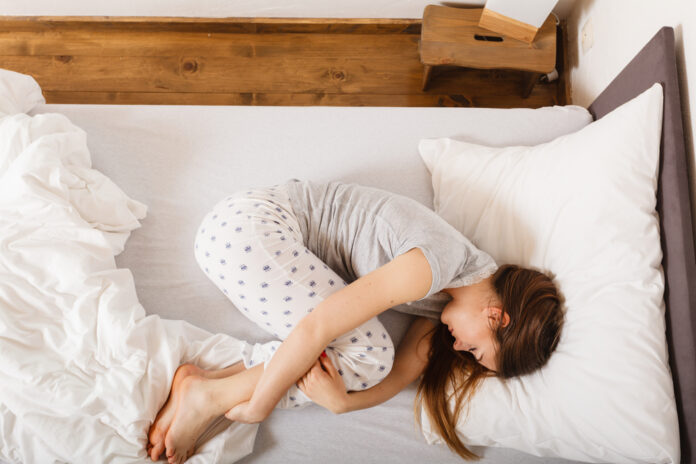
Did you know that how you sleep can affect your health and well-being? For most of us, our preferred sleep position might not have been a conscious decision. Think about a time that you weren’t able to achieve that position, though. Did it affect your sleep?
For instance, if you are someone who sleeps on your side with a body pillow, what happens if you are suddenly without that pillow? Do you struggle to sleep? Studies show that the position you sleep in might be linked to either positive or negative health issues, as well as how you operate on a day-to-day basis. This article will help you understand the possible dangers and benefits of sleep positions.
Side Sleepers
Speaking of the body pillow, studies suggest that side sleeping might reduce snoring and increase digestion, but only if you sleep on your left side. Sleeping on your right side can actually increase your incidence of acid reflux.
On either side, side sleeping can help alleviate back pain and improve spinal alignment. For better hip and low back support, bring out the body pillow and rest it between your knees. There are those that like their body pillow for arm support as well.
Stomach Sleepers
In general, it’s not a good idea to sleep on your stomach since it might aggravate neck and back problems. If you consistently turn your head in the same direction, you’ll soon start to feel stiff during the day.
However, if you’ve tried different positions and were unable to find one that was comfortable for you, stomach sleeping could be the best choice. Instead of continually looking to the left or the right, try sometimes altering your head orientation.
Neck discomfort can be avoided by selecting a flat, thin pillow (or by forgoing the cushion altogether). Back stiffness and discomfort can also be significantly reduced by placing a cushion beneath your pelvis.
Back Sleepers
As babies, our parents will lay us on our backs to improve our sleep and keep us protected at night. As we grow older, sleeping out our backs may cause more harm than help. Back sleepers may have issues with back and neck pain. Those suffering from apnea will find it more difficult to breathe when sleeping on their back. Still, there are back sleepers who insist their back pain is lessened in this position.
Since you are sleeping on your back, you would think that no area of your body is put under more strain than another. If your back pain is increased in this position, consider placing a smaller pillow beneath your knees. This will keep a slight bend in your spine
and may result in more peaceful sleep for many people.
Additionally, since back sleeping prevents your face from being pressed into your pillow each night, it may prevent the onset of facial wrinkles.


















